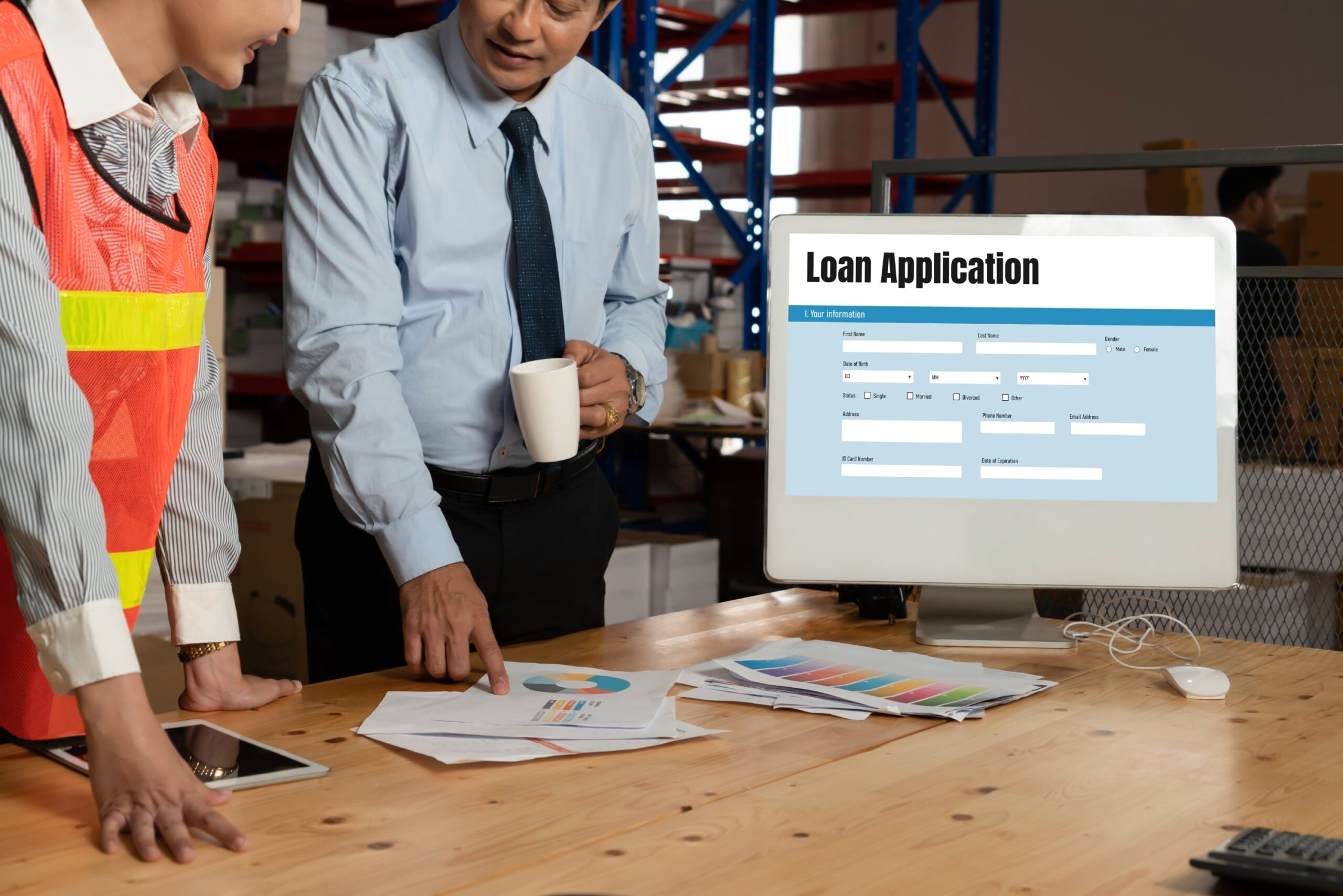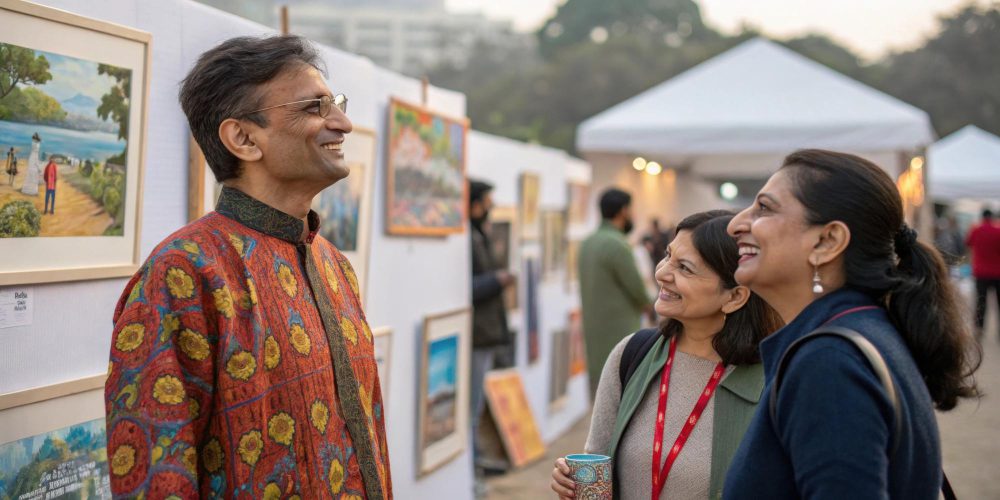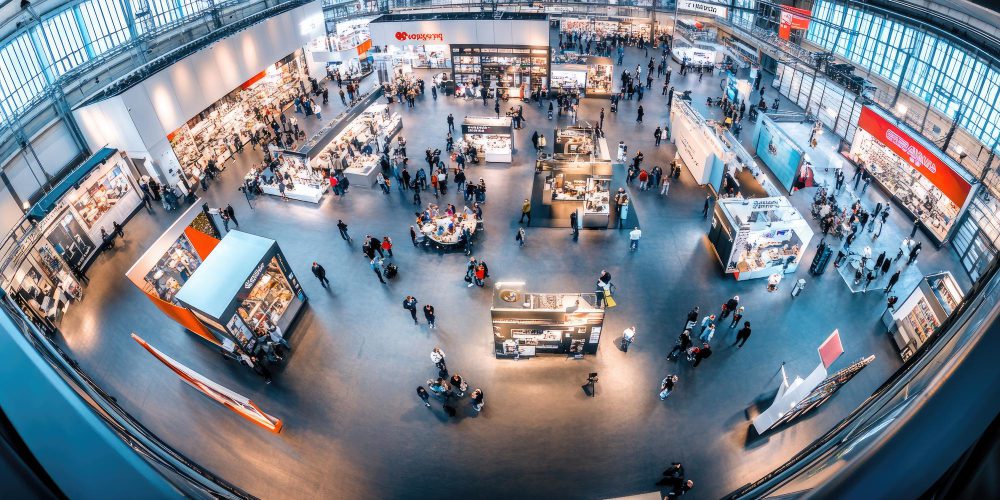Customs Documentation: What Every International Exhibitor Should Know
Participating in international trade shows requires more than just shipping your materials — it involves navigating complex customs regulations. Ensuring the proper customs documentation is in place helps exhibitors avoid delays, fines, or even seizure of goods. For international exhibitors, understanding the key documentation requirements can make or break their exhibition experience.
Understanding Temporary Importation Rules
Many countries, including India, allow temporary importation of goods meant for exhibitions under specific schemes like the ATA Carnet or through customs bonds. Exhibitors must clearly mark goods as intended for exhibition purposes only and ensure they will be re-exported after the event. Knowing the difference between permanent imports and temporary ones is essential to avoid legal and tax issues.
Essential Documents to Prepare
To clear customs efficiently, international exhibitors should prepare and verify several important documents. These include a commercial invoice that outlines the contents of the shipment, a packing list for inventory purposes, and a bill of lading or airway bill as proof of shipment. If applicable, an ATA Carnet may simplify customs clearance. In some cases, import or export licenses may also be necessary. Collaborating with a licensed customs broker or freight forwarder who specializes in exhibition logistics can streamline the process and reduce potential risks.
Declaring Giveaways, Samples, and Consumables
If exhibitors plan to distribute giveaways or product samples, they must declare these items separately. Unlike materials intended for re-export, consumables and promotional items are often subject to duties and taxes. These must be labeled and documented properly. Communicating clearly with customs authorities beforehand ensures smooth handling upon entry into the country.
Conclusion
Proper customs documentation is a critical part of preparing for any international exhibition. By understanding import rules, organizing the necessary paperwork, and consulting with logistics experts, exhibitors can ensure their materials arrive safely and on time. A well-prepared customs process not only protects your assets but also allows you to focus on making the most of your presence at the event.














Post Comment